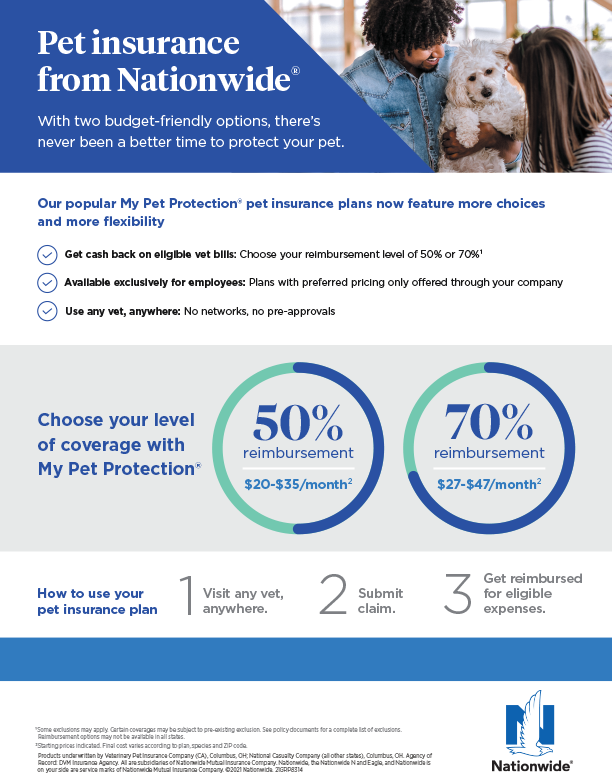Index Surge: Amplifying Your Insights
Stay updated with the latest trends and news across various industries.
Insuring Your Furry Friend: A Tail of Unexpected Costs
Discover the surprising costs of pet ownership and how insurance can save you from a financial tailspin. Protect your furry friend today!
Top 5 Unexpected Costs of Pet Ownership: What You Need to Know
While many aspiring pet owners anticipate the usual expenses of food, vet visits, and grooming, there are unexpected costs that can quickly add up. From emergency veterinary care to pet insurance premiums, owners often find their budgets stretched to the limit. For instance, unexpected health issues can lead to veterinary bills that escalate very quickly, with some critical care treatments costing thousands of dollars. Additionally, routine expenses like dog daycare or pet insurance can pose surprising financial burdens that many owners fail to factor in before bringing a pet into their lives.
Another often-overlooked aspect is the cost of training. Professional training classes, which can range from basic obedience to behavioral therapy, are vital for ensuring a harmonious home life with your pet. Moreover, there are hazardous expenses associated with pet ownership, including damage to property or injuries caused by your pet, which may lead to increased homeowners’ insurance premiums or even legal fees. Considering these potential unexpected costs will help you prepare for a smoother, more financially manageable pet ownership experience.

Is Pet Insurance Worth It? Understanding the Financial Benefits
When considering whether pet insurance is worth it, it's crucial to evaluate the potential financial benefits it offers. Pet healthcare costs can escalate quickly, especially in emergencies or for chronic illnesses. According to the North American Pet Health Insurance Association, the average pet owner can expect to spend between $500 to $2,000 annually on veterinary care. By investing in pet insurance, you can significantly mitigate these unexpected expenses. For instance, a simple visit to the vet for an illness can range from $100 to $300, while more serious conditions like surgeries may cost thousands. If your pet were to develop a serious health issue, having insurance could prevent a devastating financial burden. Learn more about comparing pet insurance with savings.
Additionally, one of the often-overlooked advantages of pet insurance is its capacity to promote better healthcare practices. With insurance coverage, pet owners are more likely to pursue preventative care and regular check-ups, which can lead to early detection of health issues, ultimately saving money in the long run. A survey by AARP found that insured pets are 25% more likely to see the vet than those without insurance. Thus, not only does pet insurance help cushion the financial impact of unexpected health issues, but it also encourages responsible pet ownership by ensuring that pets receive timely medical attention.
How to Budget for Your Pet: Tips for Managing Hidden Expenses
When budgeting for your pet, it's essential to consider not just the obvious expenses like food and toys, but also the hidden expenses that can quickly add up. Start by creating a detailed list of all potential costs associated with pet ownership. ASPCA recommends including items such as grooming, training, and routine veterinary care. Remember, each of these can fluctuate in price, so ensure you leave some wiggle room in your budget for unexpected expenses.
In addition to direct costs, think about indirect expenses that can arise. This includes pet insurance, which may seem like an added expense but can save you money in the event of an emergency. You should also consider potential losses like damaged furniture or increased utility bills due to pet-related factors. For comprehensive financial advice, Humane Society provides a helpful breakdown of all costs associated with pet care. Remember, planning ahead can ensure that you're fully prepared for both anticipated and unforeseen expenses!